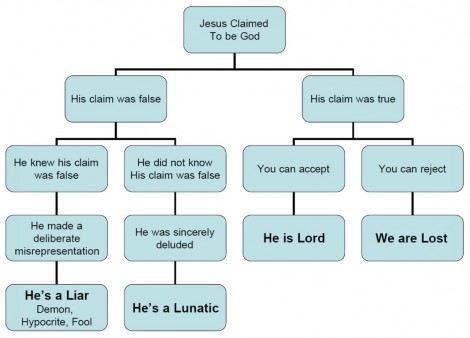Do you ever doubt you really have a relationship with Jesus?
God has a Purpose:
- Fact – God wants us to know for sure that we have eternal life. The Bible says, “He who has the Son has life, he who does not have the Son of God does not have life. I write these things to you who believe in the name of the Son of God that you may know that you have eternal life” 1 John 5:12-13.
- Fact – God wants us to experience the joy that’s bound in a relationship with Jesus Christ, John 15:11.
Our Need: Doubting is not uncommon to Christians. Satan wants us to doubt and even plants doubts in our minds, Genesis 3:1. Even the biblical writers experienced doubts and expressed the need for renewal, Psalm 51:12. There are Four major factors which caused believers to doubt.
- Fact – You may not have had a good explanation of what happens when you put your trust in Jesus Christ.
- Fact – You may not have pursued God through prayer, Bible study, and worship.
- Fact – You may have allowed sin and disobedience to cloud your relationship with Jesus.
- Fact – You may be going through some problems at home, school, physically, or emotionally which are causing you to doubt your relationship with Jesus Christ.
God’s Provision:
- Fact – God has promised to complete his work of salvation in us, Philippians 1:6.
- Fact – Jesus promises assurance of eternal life. “Whoever hears my word and believes him who sent me has eternal life and will not be condemned, he has crossed over from death to life, John 5:24.
- Fact – Jesus said no one could take the Christian out of his hand, John 10:28.
- Fact – The Holy Spirit tells us we are children of God, Romans 8:16.
Our Response: We receive God’s insurance by faith and express it through obedience, 1 John 2:3-5. Christians are not to trust their feelings only. We are to walk by faith, trusting in God, not by what we feel or want to see happen, 2 Corinthians 5:7. Four actions can bring us to assurance.
- Act – Confess all known sin in your life, 1 John 1:9.
- Act – Commit yourself to the lordship of Jesus Christ, Romans 10:9-10.
- Act – Claim God’s promise of salvation by faith alone. It is all God, 2 Timothy 1:12.
- Act – Obey God’s commands in the Bible, John 14:21, John 15:10.
My Commitment: Are you ready to take the four faith actions that will help you make sure about your relationship with Jesus Christ? If so you may want to pray the following prayer or a similar prayer right now.
God, I place my complete faith in you, I confess to you any known sin, I commit myself to the lordship of Jesus, I claim your promise of assurance, and I will live in obedience to your commands. Thank you for the assurance of my relationship with you. Amen.
